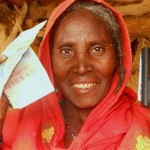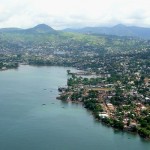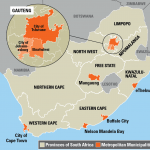When his party’s motorcade was overtaken by the Zambian president, opposition leader Hakainde Hichilema (nicknamed HH) could hardly have anticipated the wrath that would ensue.
Though tensions have mounted since last year, the latest escalation started on April 9, when Mr. Hichilema and his entourage from the United Party for National Development (UPND) were on their way to a traditional ceremony. En route, they encountered President Edgar Lungu’s motorcade on a main road in Western Province. Video footage shows the opposition convoy being overtaken by a police car with blaring sirens followed by a row of blacked-out vehicles and armed guards.
UPND members are seen leaning from their trucks in a mocking but largely playful manner as the presidential motorcade passes by. President Lungu apparently did not see the funny side. The next day police entered Mr. Hichilema’s home. As tear gas choked his family members, the opposition leader phoned the media from his panic room: “The president wants to kill me.”
Nick Branson, senior researcher at the Africa Research Institute, finds the timing suspicious. He told The World Weekly: “HH was due to appear before the High Court” in relation to his appeal of a Constitutional Court decision which had dismissed his claim that the 2016 presidential election was rigged. He was arrested two days before the court hearing.
The accusation against HH has changed since his imprisonment: he is now charged with planning to overthrow the government. Whatever the reasoning, the developments will tarnish the reputation of one of Africa’s supposedly more stable democracies. Stephen Chan, an expert in southern African politics at the School of Oriental and African Studies, told TWW that even in the 1980s, “under a one-party state, [the government] was tolerant” of opposition.
As TWW went to press, Mr. Hichilema remained in prison, ineligible for bail due to the severity of the charge against him. If found guilty, he faces a minimum of 15 years in jail or even the death penalty.












